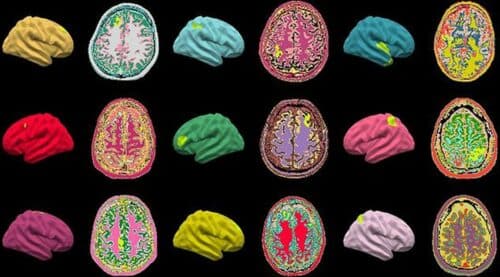Multinational research team develops an Artificial Intelligence Algorithm that can identify brain defects that lead to epileptic seizures.
Epilepsy is a type of brain disorder resulting in abnormal behaviours and sometimes loss of awareness. This can be caused by abnormal brain cells, neurons. Focal Cortical Dysplasia(FCD) are the areas of the brain that have developed an abnormality. Doctors treat this condition with surgery but the major challenge is identifying the area where it occurs. The current technology like MRI cannot detect as FCDs can look normal in it.
The Multicentre Epilepsy Lesion Detection project (MELD) used more than a thousand patient MRI scans from 22 epilepsy centres around the world to develop the algorithm. The team quantified cortical features from the MRI scans, such as how thick or folded the cortex/brain surface is, and used around 300,000 locations across the brain. Researchers then trained the algorithm on examples labelled by expert radiologists as either being a healthy brain or having FCD – dependent on their patterns and features.

“We put an emphasis on creating an AI algorithm that was interpretable and could help doctors make decisions,” said Mathilde Ripart from the UCL Great Ormond Street Institute of Child Health (ICH). “Showing doctors how the MELD algorithm made its predictions was an essential part of that process.”
“This algorithm could help to find more of these hidden lesions in children and adults with epilepsy, and enable more patients with epilepsy to be considered for brain surgery that could cure epilepsy and improve their cognitive development.” said Dr Konrad Wagstyl from the UCL Queen Square Institute of Neurology.
“We hope that this technology will help to identify epilepsy-causing abnormalities that are currently being missed,” said Dr Sophie Adler from ICH. “Ultimately it could enable more people with epilepsy to have potentially curative brain surgery.”








